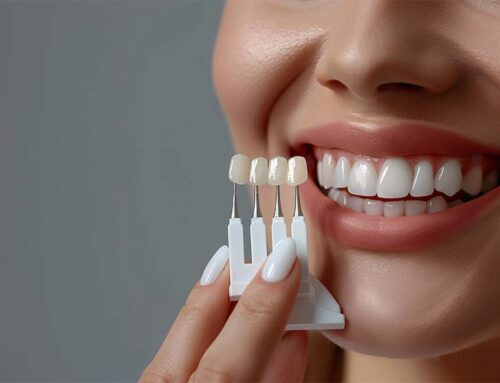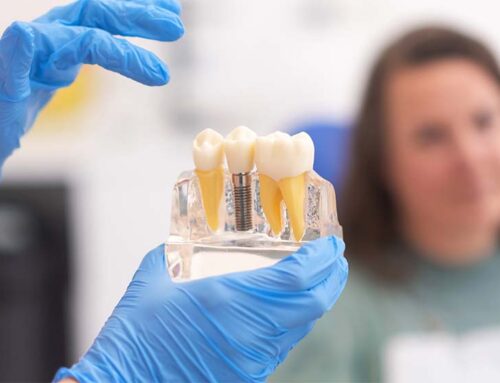We often hear sentences from our patients such as “One of my friends has suffered a lot during the implant procedure”, “One of my friend’s implant operation failed.” or “They say that after the implant is very painful.” Implant treatment is met with fear and prejudice in some patients due to false, incomplete information and in particular negative examples or comments from the environment. Patients, who prefer to feel pain during and after the treatment and fear that the implant will fail, prefer to be directed to the bridge prosthesis.
Unfortunately, only one bad case is spreading from ear to ear, and every day thousands of successful implant instances in our country cannot reach people at the same speed. Especially if you have fears about the implant, knowing the treatment stages and benefits will help you overcome your fear.
What are dental implants?
The implant is the closest application to your own tooth, which can replace missing teeth. The prosthesis, one of the other alternatives, is difficult to maintain, and lacking the task of supporting adjacent teeth and its life is shorter. Implant is a long-lasting, durable treatment. Since the implant is made of titanium material compatible with the body, it does not cause any health problems. It can be easily applied to all patients who have completed bone development and have adequate bone levels. Implant treatment takes approximately 20-30 minutes with local anaesthesia. Then, the sutures are taken after 1 week. After the procedure, you will use antibiotics and painkillers that your dentist will give you. After 3 months of routine checks and full recovery, your prosthesis is prepared and placed into your tooth and treatment is completed.
Successful results in implant
One of the most important factors for the success of the implant is the expertise of the dentist to implant. With the right dentist and the right treatment, the success rate of the implant reaches 98%. Ask your doctor all the questions about the treatment process and get detailed information and then decide whether you will have an implant or prosthesis.







Leave A Comment